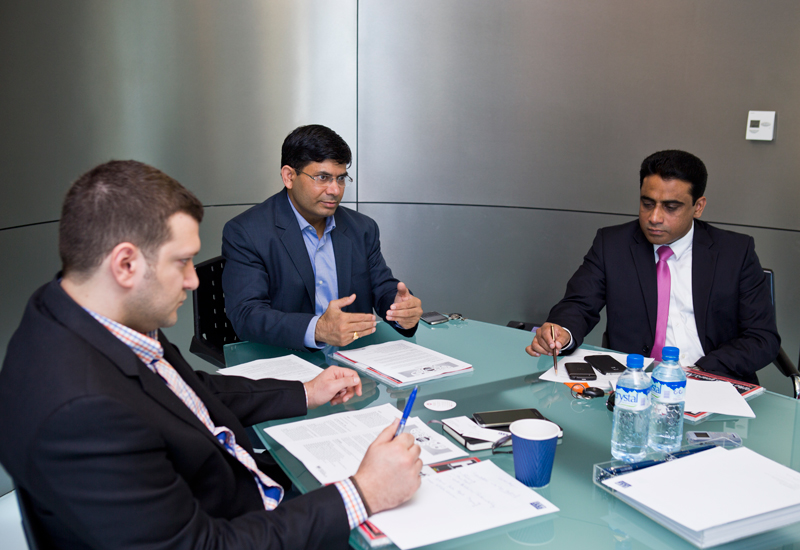 Atlantis The Palm, Dubai's Bhanu Pratap Singh, Anantara Hotels & Resorts Abu Dhabi’s Madhu Gopal, and Al Dar Sweets' Wissam El Cheikh Hassan debate key procurement issues in the region ahead of Hotelier's Procurement Summit.
Atlantis The Palm, Dubai's Bhanu Pratap Singh, Anantara Hotels & Resorts Abu Dhabi’s Madhu Gopal, and Al Dar Sweets' Wissam El Cheikh Hassan debate key procurement issues in the region ahead of Hotelier's Procurement Summit.
How can purchasing managers ensure they add value while saving money?
Bhanu: For the CEO, it’s important that the purchasing manager adds value to the business and so helps the end customer. How much value do you add to the business? It’s about specifically linking procurement to what the company wants to achieve.
It’s not just about saving money, it’s about what your end-customer is getting: the food in the restaurants, the towels in the rooms. So it’s about building long term partnerships with suppliers. Even in the same hotel group, purchasing managers are all working differently.

| Advertisement |
For example, if any hotel came and said “we want to collaborate with Atlantis” then from that point of view, the supplier would also get what they wanted because they would get more business. From how can we get the best possible price we move to how can we get the best value for the business.
Madhu: But it’s not practical because each brand has their own view and they don’t want to share their things with other companies. That’s how some groups are doing it but if all the hoteliers in Dubai got together and said “I’m only going to buy from one supplier”, it’s not practical.
Wissam: But you don’t compete on what you buy. It makes sense to share information. For example if we send a car to Atlantis, and it stops by other hotels, what difference does it make to stop at more than one of them?
Bhanu: There are companies emerging in Dubai that are logistics companies. For example, it doesn’t make any logical sense that if a company is working in Dubai Investment Park (DIP) and is bringing six suppliers’ goods to our business — all six are coming on the same day and all six are coming from the same place.
So think about a scenario if DIP became a common where all the business is coming from, but each supplier needs a separate truck.
What if they consolidate their requirements and do one delivery for you? And that can be done from a logistics company.
Ultimately it will save traffic on the road; The Palm is having more hotels open up and it’s choking. So it’s just about putting this idea on the table — currently we have more than 100 trucks coming every day, what if just 10 trucks come?
Madhu: I fully agree but that’s happening on a different level because they are still appointing 10 or 15 suppliers but they are appointing one company to do the logistics for them — it’s a third party. Yes it will reduce traffic but it won’t reduce your costs.
Bhanu: I’m just saying if you put the idea on the table something practical will come out of it.








 Search our database of more than 2,700 industry companies
Search our database of more than 2,700 industry companies









